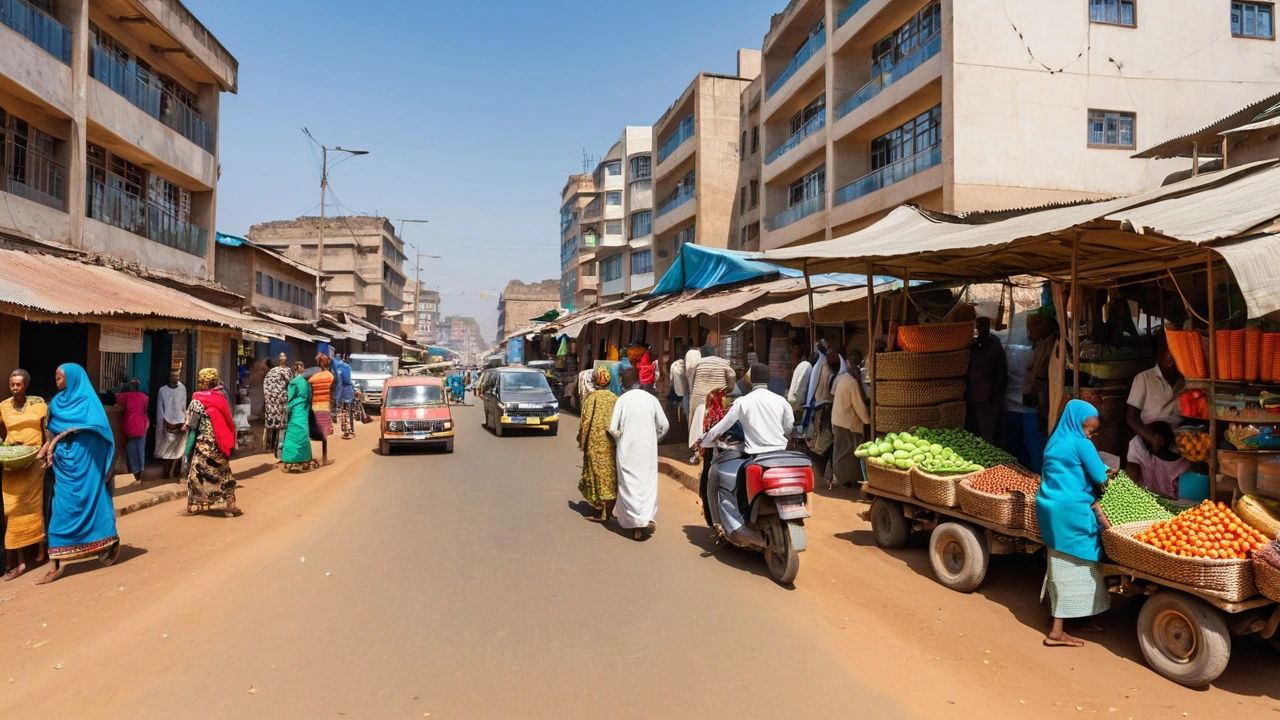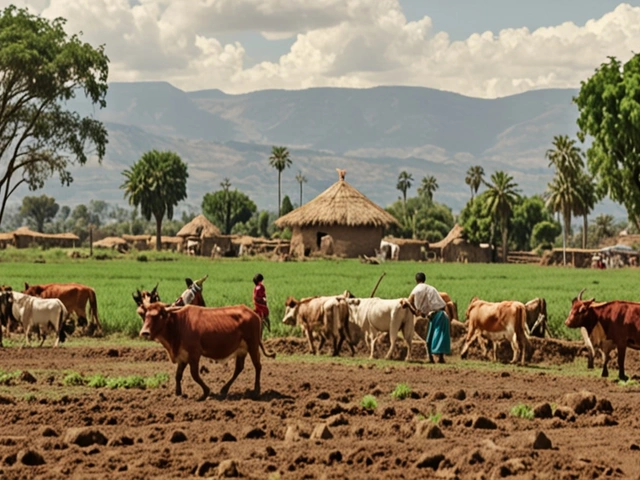Ethiopia Travel Costs: What You Really Need to Know
Ever wondered if you can afford a trip or even a short stay in Ethiopia? You’re not alone. Many travelers, expats, and digital nomads want the facts before they set foot in Addis Ababa or explore Lalibela’s churches. So, what does it actually cost to live, travel, or work in Ethiopia?
Let’s get straight to the point—housing eats up the largest slice of any budget. In Addis Ababa, you might find a basic apartment for $200–$500 per month. Cheaper rents exist in smaller towns or shared housing. Utilities, though, don’t usually break the bank: expect around $20–$50 monthly for water, electricity, and internet in most places. If you’re staying short-term, budget hotels or guesthouses can be found for as little as $10 a night, though Western-style amenities may bump up the price.
Food is surprisingly affordable for travelers sticking to local cuisine. A meal at a basic restaurant often costs less than $3. Groceries are economical—buying fresh veggies and staples at open-air markets saves a lot as opposed to supermarkets that import international brands. Imported goods and fast food are considerably pricier, so if you crave US-style burgers or imported cheese, set your expectations (and your wallet).
Transportation in Ethiopia is quite reasonable—city buses charge coins, and the new Addis Light Rail is even cheaper. For longer trips between cities, expect to pay $10–$20 for a bus ride connecting major regions. Taxis can be haggled, but always agree on the fare before you jump in. If you want comfort, private cars for hire with drivers are available but cost more, sometimes $50 a day or more depending on distance and negotiation skills.
Now let’s talk cash and local payment. Ethiopia’s economy runs mainly on cash—ATMs aren’t everywhere, so plan accordingly. There’s a legal limit on how much cash you can bring in: $3,000 USD is the cap for most tourists, according to local regulations. If you ignore this rule, you might risk having excess funds seized or face time-consuming questions at the airport. Not all international cards work, so have a backup plan just in case. While mobile payments are growing, don’t count on PayPal or most digital wallets—stick to cash and Ethiopian banking apps for smooth transactions.
If you’re eyeing work or long-term stays, local salaries are lower than what you’ll find in Western countries. The average monthly income can range from $150–$400, depending on profession and experience. Expats working for NGOs or multinational firms can expect upwards of $1,000, but these roles are competitive and usually come with added benefits.
Daily life costs add up, but locals are experts at stretching a budget. Shared housing, eating locally, and using public transport can shrink your expenses. Imported products, luxury apartments, and private drivers quickly do the opposite. Travelers looking for an authentic, affordable experience will find Ethiopia hard to beat.
In short, plan your budget based on your lifestyle. If you stick to local options, travel costs in Ethiopia can be surprisingly friendly to your wallet. If you aim for western-style luxury or frequent flights, things add up fast. Know what to expect, plan ahead, and your money will go further than you think.





